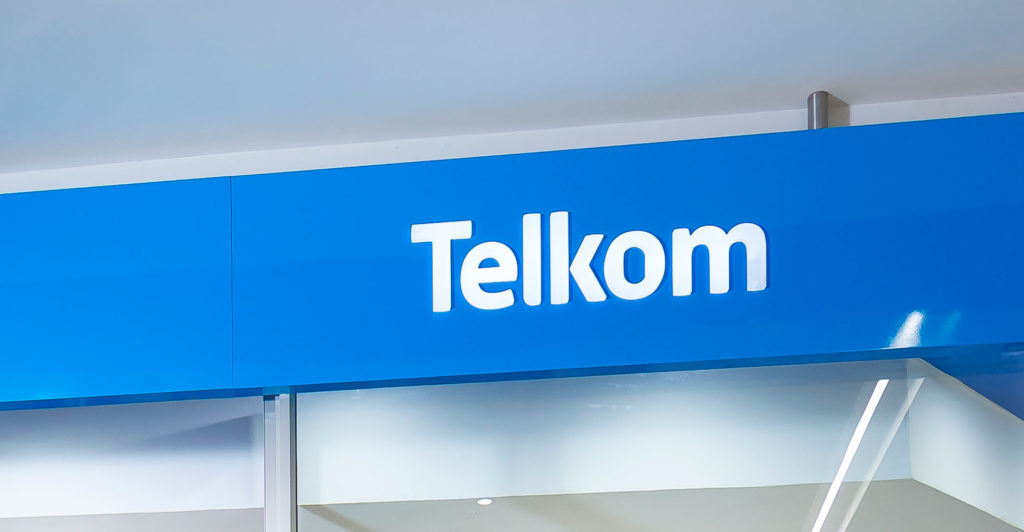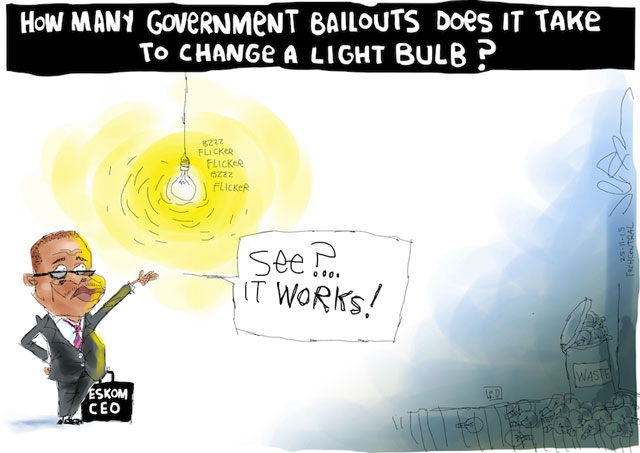Gabrielle Celli, the former head of regulatory affairs at Telkom during the height of the company’s monopoly powers in the 1990s and early 2000s, has died.
Browsing: SBC Communications
When government announced it was bringing in outside shareholders to take a majority holding in South African Airways, there was a lot of chatter that it was now following the “Telkom model”. By Larry Claasen.
Telkom can now procure goods and services without having to go through the very public tendering process mandated by the Public Finance Management Act, a development that will help it keep its strategic plans out of the public
Over the past 20 years, Telkom has been through the wringer. It’s been abused by politicians and by greedy foreign investors, and it’s made spectacular strategic and operational mistakes that have cost it billions. But somehow, through all of this, it’s arrived at a point today under
Last week was one of the most interesting in the history of telecommunications in South Africa. Telkom made its second bid in seven years for Business Connexion (BCX), while Vodacom and Neotel came to an agreement on a R7bn acquisition, which, if approved, will finally give the mobile operator a compelling offering in the enterprise
Events of the past week have shown that it’s become more urgent than ever that government sell its stake in Telkom . If it continues as a significant shareholder, it risks further undermining one of SA’s most important companies and inflicting long-term damage on SA’s economy. The opportune
Government first raised the idea of a deal between Telkom and Korea’s KT Corp. So, last week’s decision by cabinet not to support the transaction comes as a surprise and a setback for the JSE-listed company and raises serious concerns for shareholders and
Telkom is inching closer to a deal to sell 20% of its equity to Korea’s KT Corp. Though the foreign direct investment in SA’s economy should be welcomed, there are potential pitfalls government must be careful to avoid. Last week, Telkom announced to
Government often argues that it must retain its stake in Telkom because the telecommunications company is a “strategic national asset”. But with competition intensifying by the day, the best thing that could happen to Telkom — and its customers — would be for government to sell up








